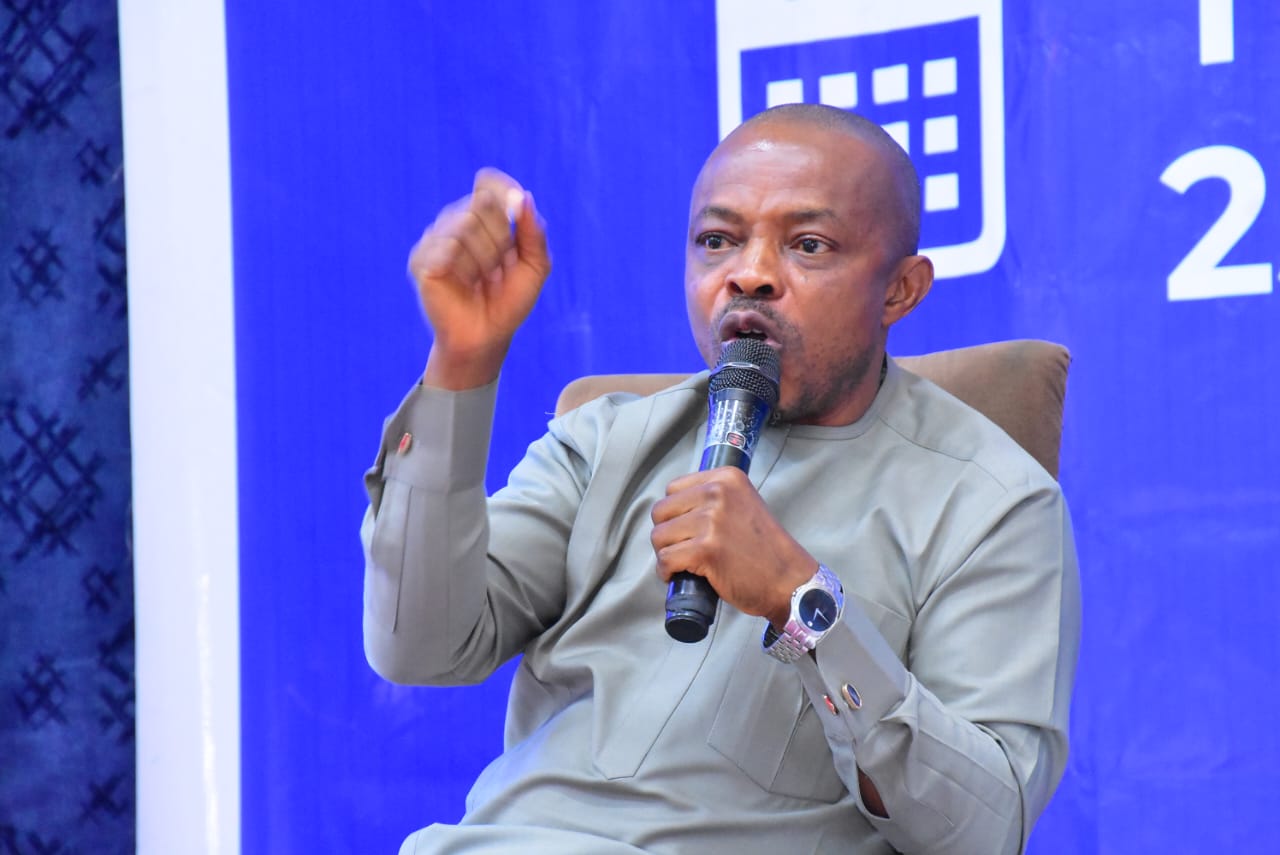Minimum wage: No agreement reached with FG – NLC
The Nigeria Labour Congress (NLC) has faulted President Bola Tinubu’s claims that an agreement has been reached on a new national minimum wage, insisting that its demand for a new national minimum wage remains N250,000. Speaking on Wednesday during his nationwide broadcast to mark Democracy Day, Tinubu said a consensus had been reached on the […]

ajaero
The Nigeria Labour Congress (NLC) has faulted President Bola Tinubu’s claims that an agreement has been reached on a new national minimum wage, insisting that its demand for a new national minimum wage remains N250,000.
Speaking on Wednesday during his nationwide broadcast to mark Democracy Day, Tinubu said a consensus had been reached on the long-debated new minimum wage between the federal government and the organised labour.
The president revealed that an executive bill would soon be sent to the National Assembly to formalise the new minimum wage agreement.
He said, “In this spirit, we have negotiated in good faith and with open arms with organised labour on a new national minimum wage.
- NIGERIA DAILY: Minimum Wage: “Why LGAs Will Soon Be Beggars”
- We’ve deteriorated into state capture, not practising true democracy — Obi
“We shall soon send an executive bill to the National Assembly to enshrine what has been agreed upon as part of our law for the next five years or less.”
But in a statement yesterday, the acting President of NLC, Prince Adewale Adeyanju, said there was no agreement reached by the Tripartite Committee on the National Minimum Wage at the time negotiations ended on Friday, June 7, 2024.
He said, “Our demand still remains N250,000 only, and we have not been given any compelling reasons to change this position which we consider a great concession by Nigerian workers during the tripartite negotiation process.”
NLC said it had to raise the point for President Tinubu, Nigerians and stakeholders to be aware because it appeared that those who briefed him on the outcome of the tripartite negotiation did not tell him the true situation.
The statement reads in part: “We reiterate that it will be extremely difficult for Nigerian workers to accept any national minimum wage figure that approximates to a starvation wage. We cannot be working and yet remain in abject poverty.
“While the president may have accurately recounted parts of our democratic journey’s history, it is evident that he has been misinformed regarding the outcome of the wage negotiation process.
“The NLC would have expected that the advisers of the president would have told him that we neither reached any agreement with the federal government and the employers on the base figure for a national minimum wage nor on its other components.
“We are, therefore, surprised at the submission of Mr President over a supposed agreement. We believe that he may have been misled into believing that there was an agreement with the NLC and TUC. There was none, and we must let the president, Nigerians and other national stakeholders understand this immediately to avoid a mix-up in the ongoing conversation around the national minimum wage. We have also not seen a copy of the document submitted to him and will not accept any doctored document.”
Meanwhile, the Minister of Information and National Orientation, Mohammed Idris, said the federal government would not accept a minimum wage that would lead to mass retrenchment of workers, undermine the economy and jeopardise the welfare of about 200 million Nigerians.
Speaking yesterday in Abuja at the opening of the 2024 Synod of the Charismatic Bishops Conference of Nigeria, the minister said the government was not against an increase of wages for Nigerian workers, but that, “We keep on advocating for a realistic and sustainable wage system for the workers.
“We want the labour unions to understand that the relief that Nigerians are expecting, and that they fully deserve, will not come only in the form of an increase in wages. It will also come as efforts to reduce the cost of living and to ensure that more money stays in the pockets of Nigerians.
“And this is where programmes like the Presidential CNG Initiative come in. That programme alone, by replacing or complementing petrol usage with CNG, will cut transportation costs by as much as 50 per cent.”
